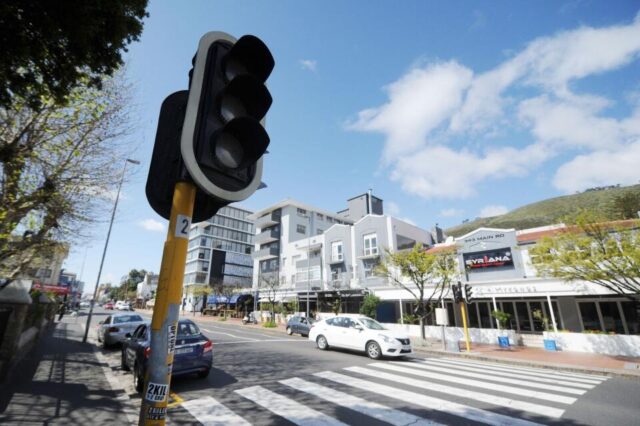It has been two weeks into the new year and the people of Kimberley and the Northern Cape are facing increased rolling power cuts as Eskom ramps up load shedding.
IT HAS been two weeks into the new year and the people of Kimberley and the Northern Cape are facing increased rolling power cuts as Eskom ramps up load shedding.
This has taken a toll on the mental health of many, not just in our Province, but across the country. Load shedding, for many, is more than simply not having electricity. It’s a productivity issue, a safety and security issue, and a health issue – a crisis handled as though it is a minor inconvenience. Agri Northern Cape has already warned of a possible food crisis.
And if you’ve wondered if the continued power cuts have caused a wave of anxiety and unnecessary stress for millions of people, you couldn’t be more correct. The Gross National Happiness index by the University of Johannesburg (UJ) revealed that South Africans are furious about load shedding and that it could lead to protests.
The announcement of Stage 6 load shedding last week has caused increased feelings of fear, anger and disgust among South Africans, according to an index measuring happiness. And the expert behind the index has warned that should the levels of anger increase, South Africa could face more strikes, protests and crime.
According to data released by UJ, the overall happiness of South Africans dropped below average last month when Eskom announced Stage 6 power outages. To corroborate this, specialists in the mental health field say people genetically predisposed to mental disorders can be triggered by various environmental factors such as financial stress, substance abuse or traumatic events. The unease brought on by load shedding doesn’t help much.
“The stress, suffering, tragedy and illness experienced during the Covid-19 pandemic has caused significant anxiety and depression, triggering otherwise healthy people into mental distress and often exacerbating existing mental health conditions. According to the World Health Organisation (WHO), depression and anxiety diagnoses increased by more than 25% in the first year of the pandemic. The disruptions to one’s everyday life caused by load shedding are not helpful,” said Katlego Assis, enterprise and supplier development (ESD) and projects manager at Rhiza Babuyile, a community health organisation.
Clinical psychologist and lecturer at the University of Pretoria’s Department of Psychology, Setagwa Peter Mahlo, said power cuts take a toll on people far more than they realise.
“The stress and anxiety of it all is taking a mounting toll on our mental health,” he said.
One psychiatrist said it’s a very natural response for us to experience frustration, anxiety, anger and outrage in the current situation.
“These are all normal human responses when faced with uncertainty and frustration, especially if you feel ‘done in’,” said professor Renata Schoeman, head of the MBA in Healthcare Leadership programme at Stellenbosch Business School.








